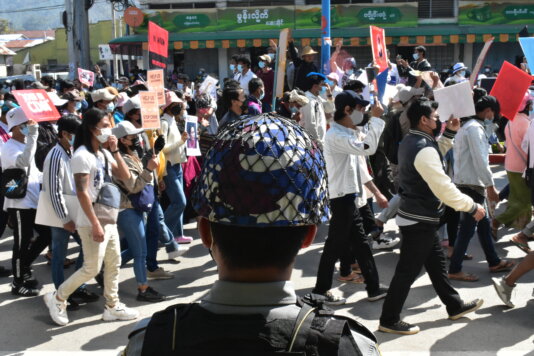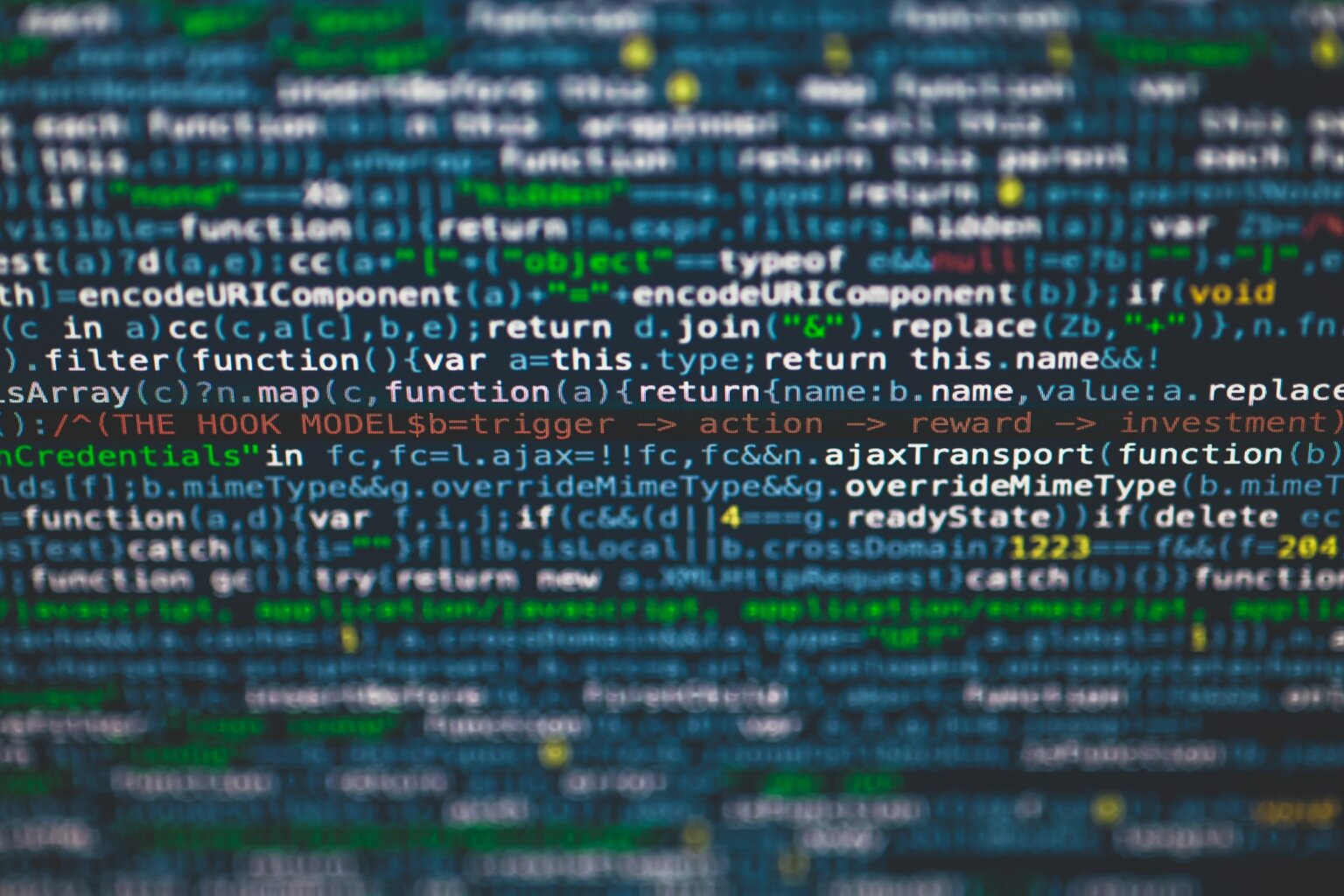- About
- Topics
- Picks
- Audio
- Story
- In-Depth
- Opinion
- News
- Donate
-
Signup for our newsletterOur Editors' Best Picks.Send
Read, Debate: Engage.
| April 21, 2022 | |
|---|---|
| topic: | Political violence |
| tags: | #Myanmar, #Ethiopia, #Tigray War, #kazakhstan, #Sudan, #democracy, #Internet shutdown |
| located: | Myanmar, Sudan, Egypt, Kazakhstan, Ethiopia |
| by: | Robert Bociaga |
"The junta enforces internet blackouts to totally or partly conceal from the international community its gross violations of human rights, crimes against humanity and to delay or stop the flow of information among the activists," says Phyo Win, a 24-year-old campaigner fighting against the military junta in Myanmar.
While in economic values, Russia and Kazakhstan are positioned at the top the list of internet shutdown perpetrators in the period between 2019-2022, it is Myanmar and Ethiopia that have suffered the longest shutdowns.
In most dictatorships, people in power resort to different levels of interference in the digital infrastructure. Out of all of them, internet blackouts constitute the most acute form of governmental control.
But this practice doesn’t stand on its own - it should be viewed through the prism of a wide range of abuses that underpin the frameworks on which autocratic regimes rely.
In Myanmar, the military took power on 1 February, 2021, overthrowing democratically elected representatives, and then cracked down on peaceful protesters, killing over one thousand across the country.
Recently, the generals vowed "to annihilate the whole resistance," and reportedly their soldiers attacked and burned down private houses and places of worship, killing civilians across the country. Hundreds of thousands are internally displaced.
The blocking of mobile internet access in Myanmar continues until today, while the use of surveillance technology has increased. This has a drastically adverse impact on activism and human rights, but also on business activity, which pushes many into poverty.
When Egypt’s Husni Mubarak ordered an internet shutdown in early 2011, people poured in on the streets and subsequently ended his 30-year-old rule with little bloodshed. Many professed a domino effect of pro-democracy rebellions and argued that the case of Egypt warned other governments of economic and political costs of blackouts.
However, since then, the world has seen a sharp increase in the internet outages and the expansion of tools of surveillance. Digital technologies have been harnessed to subdue dissidents and spread disinformation to keep mass demonstrations at bay. Human rights watchers alert that the technology does not necessarily liberate, and that in some cases it can be weaponised against the people.
Globally, government internet shutdowns cost $5.5 billion in 2021 alone. They severely damage the country’s economy by temporarily limiting access to banking and deterring investment. Besides, they wreak havoc on people’s lives and make communication impossible, which sometimes can be a matter of life and death. In Sudan, for instance, during the recent blackouts people were unable to get information about access to doctors.
Samah Abu, a Sudanese protester, says that she and her fellow activists "went old school when there was no internet, we had to communicate face to face," often at risk to their lives.
"Communities know that not everyone can take to the streets, but everyone wants to be on the right side of the history," she added. For her and many other activists, lack of internet access did not mean the end of activism - but it did allow more impunity for the junta's abuses.
Back in 2016, the United Nations declared internet access a human right, but the body has proved ineffective in preventing governments from imposing blackouts.
"Online activism can achieve some level of international attention, and sympathy, and lobbying for the global elites can impact the movement," Phyo Win says. In the case of Myanmar, sanctions have been rolled out and many international businesses pulled out of the country following the protesters’ call for condemnation of the junta.
It remains disputed to which level these actions impacted the regime’s ability to operate. China and Russia backed the Myanmar junta, helping in the delivery of weaponry against the dissidents while millions of people fell into poverty due to the violence and denial of humanitarian aid supplies.
Yet, more than one third of world’s population has never been online, which limits their chance of getting their voices heard.
"Internet is a double-edged sword," argues Rashmi Samant, a 23-year-old graduate of the University of Oxford. Samant got involved with activism following harassment she "endured [at Oxford] for being a practicing Hindu."
"Online activism on its own has many limitations with respect to outcomes, but it definitely sets the stage for a lot more things that can be achieved in real time," she argues.
The power of the social media unsettles many autocrats. Ablyazov, Kazakhstan’s exiled opposition leader, has continued to speak out online, but "every time he went live, the internet was turned off all over Kazakhstan for several hours," says Jomart Abdigapar, a civil rights activist from the country’s capital. "Control is everywhere," he adds, pointing out the lack of freedoms, widespread detentions and political assassinations taking place in the country.
On various occasions, Facebook has been accused of allowing activists to incite violence, as the platform poorly sorts out hateful posts that are not in English.
"There have been many instances of morphed videos and misinformation that have sparked communal violence and riots," Rashmi Samant says. For her, although she is generally uncomfortable with the idea of blackouts, "in the Indian context there might be cases where it has been necessary to avoid large-scale street violence and mob justice due to displaced sentiments, rumor mongering and misinformation," she says.
Zoey Puteri disagrees. A Malaysia-based activist and reporter that witnessed abuses in China’s Xinjiang, Kazakhstan and Hong Kong, sees "no justification for internet blackouts." She argues that "fake news has to be countered with facts."
In Ethiopia’s northernmost Tigray region, the war that started in late 2020, has seen millions of people deprived of the access to the internet. This has stripped Tigrayan people of the right to express their opinion on developments of the war and report crimes.
Against this background, among the broad Ethiopian population, the federal government that has conducted military actions in the rebellious region has promoted the narrative of the war being conducted only against the rebels - not civilians. However, many human rights advocates and researchers point at the staggering death toll and wide range of abuses among the civilians in the restive region.
"People in Tigray can’t speak about human rights violations that happened to them," says Alem Gebre, who fled the war-torn region. "It is the main obstacle in building democratic system as facts are not exposed and no accountability is brought."
Despite the blackouts, activists in the region try to do their best in reaching the affected people who manage to leave active war zones. However, it is often hard to corroborate testimonies that are gathered over the phone.
"From April 13 to 27, 2021, Aykel city in Chilga county [in Ethiopia] was attacked with heavy gun machines, following network blackouts," says Eshetie L. An activist based currently outside of Ethiopia, L. has collected extensive evidence of abuses against the Qemant ethnic minority of which he is a member. He argues that "the government blocks out internet and other services when it plans to attack an area."
Autocrats learn from one another, and internet blackouts seem to have appeal among an increasing number of oppressive regimes. From 2019 to 2022, there have been 261 major internet shutdowns in 46 countries, mostly in the response to peaceful protests, but also as an attack on free elections and press freedom.
Many autocrats appear to be comfortable with the idea of sacrificing money exchange and inflow in order to get away with crimes that allow them to remain in power. A recently floated idea of satellite internet that cannot be shut down by dictators appeals to activists struggling with oppressive internet controls. But seeing as this enterprise would require the placement of hardware on the ground in the target country, delivery of unconstrained internet by the likes of Elon Musk remains challenging.
As Oliver Tambo, a South African anti-apartheid activist, once said, "the fight for freedom must go on until it is won," and access to free press, accountability for human rights violations and genuine democracy will continue to be fought both on the ground and in the ever-evolving digital sphere.
Image by Facu Montanaro.
By copying the embed code below, you agree to adhere to our republishing guidelines.


